Description
Magule was born in the capital city of Maputo, Mozambique. Previously known as Lourenço Marques under Portuguese colonial rule until independence in 1976. The city is in the south eastern area of the country between Eswatini and South Africa, and is located along the Indian Ocean. This key port for the Portuguese was essential due to the ease of shipping routes to Asia and Europe. Today the city is a lush and lively metropolis famous for its seafood dishes and night life in the in Fere de Populare neighborhood.
As a self-taught artist Magule’s profile quickly rose to the heights of the levels of the most notable artists in Africa and abroad. Working next to other artists allowed Magule to discover a wide range of interests in disciplines which included Painting, Drawing, Sculptures, and Installations. Foundationally, Magule leverages the academics of sociology, anthropology, and literacy to unlock the mysteries of its cultural capital. In his works, he portrays scenes of everyday life as a way to share knowledge in a visual way and capture its everlasting effects. Through the art of intervention Magule looks to include soft touches of warm and bright colors crafted by the mixing of different techniques, and as a focal point he highlights the news concerning society through themes of war, violence, pollution, among others to create awareness and aid in the progress of change.
In his own words: “My process of learning requires artistic research based on exploration of techniques and the use of various materials. When I experiment, it allows me to discover and accumulate know-how as part of a constant search. In the production of my works, the presence of recycled materials is associated with a concern to preserve the environment.
Music is also an integral part of the creative process and functions as a spiritual guide in keeping with the theme and techniques used. Some works have a double function: work of art and musical instrument. My works are often based on tales, proverbs, myths, taboos of different peoples of the world and accompanied by a descriptive text to facilitate understanding.”
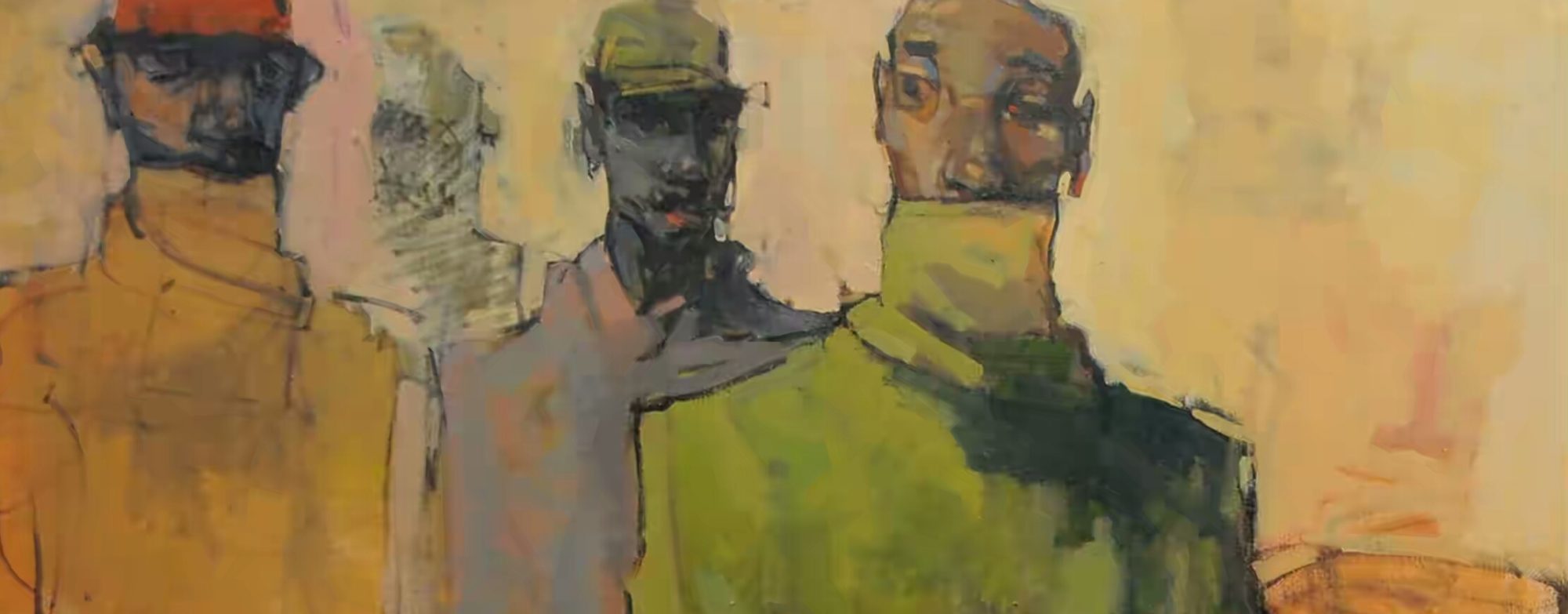

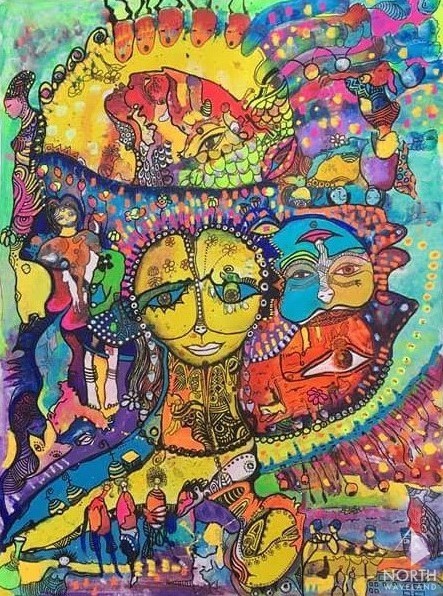


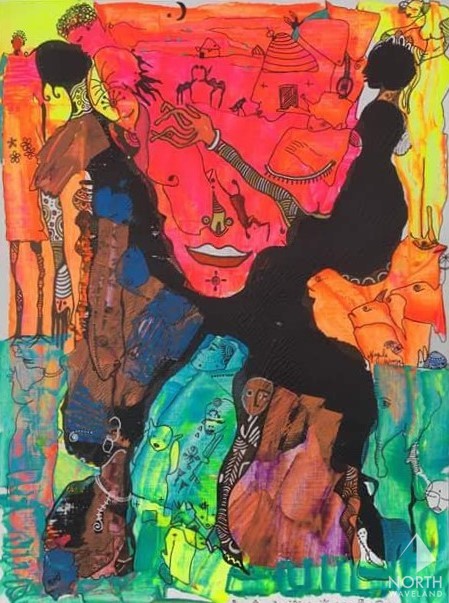
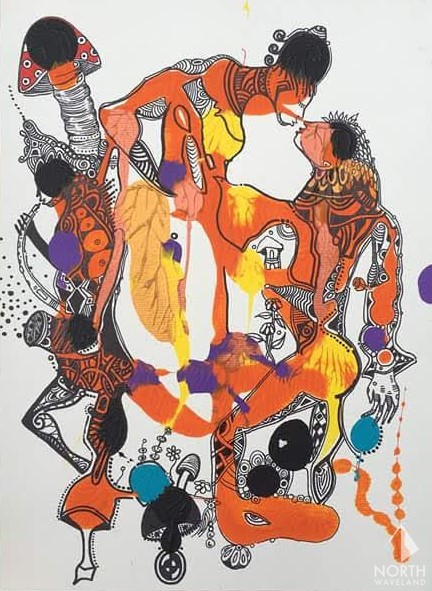

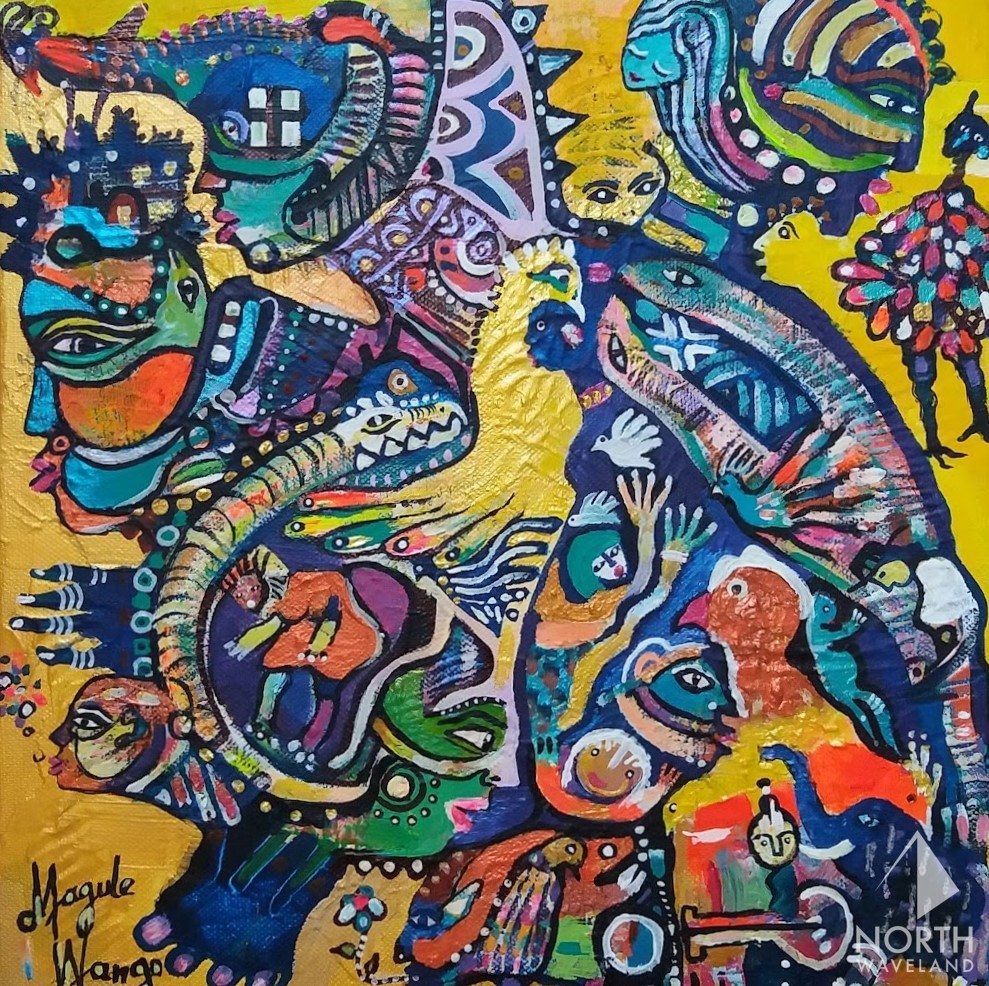

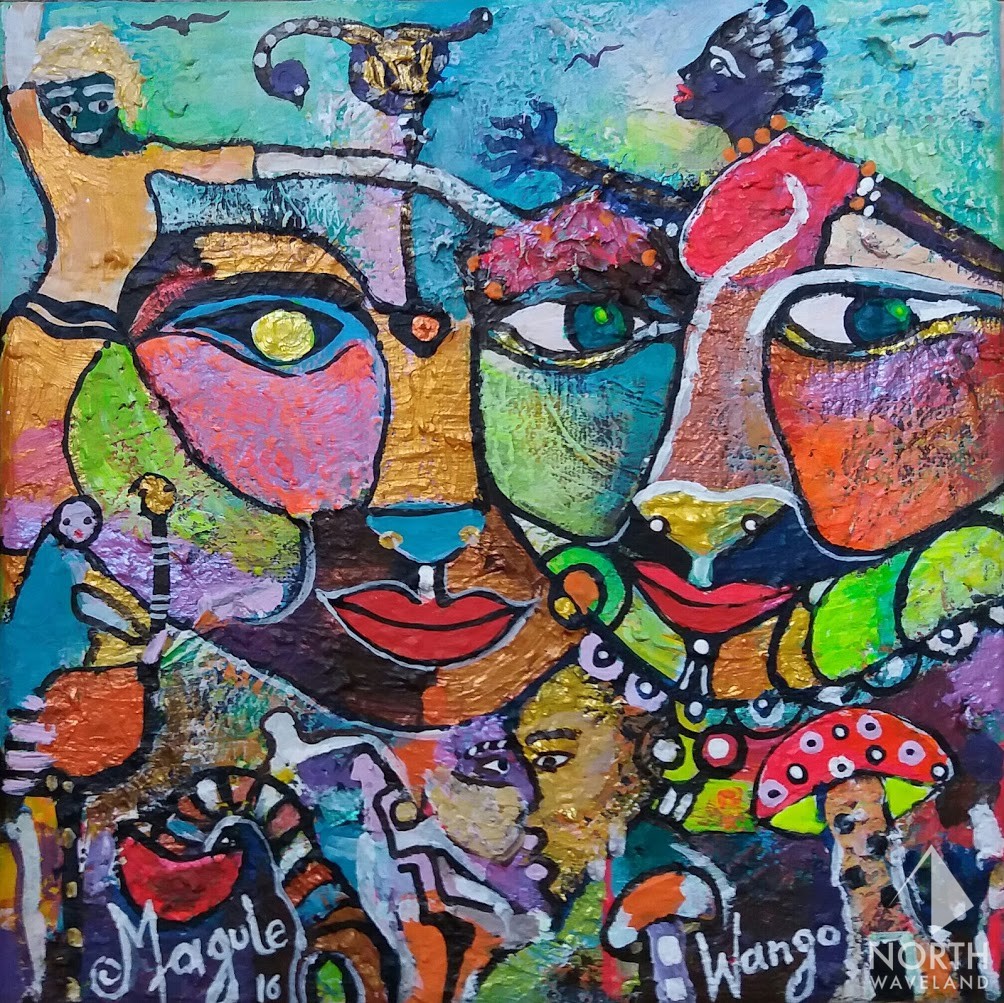

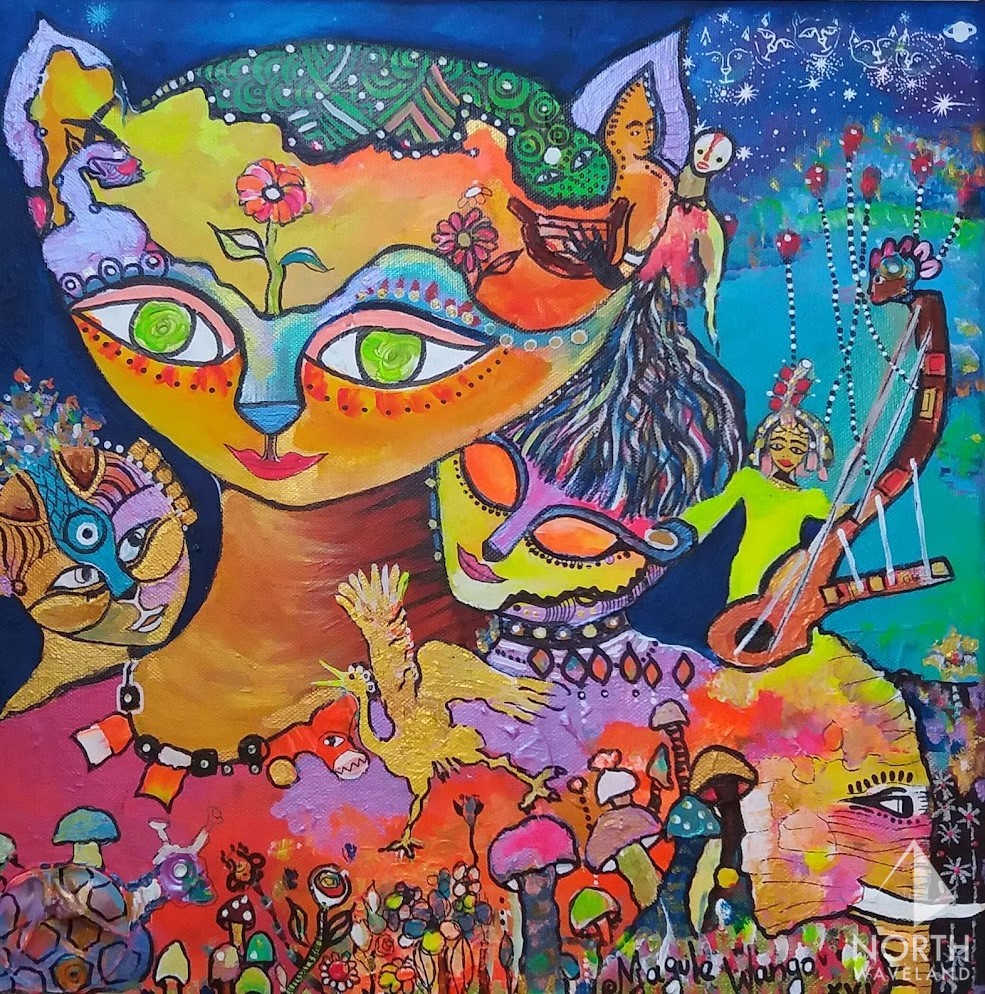
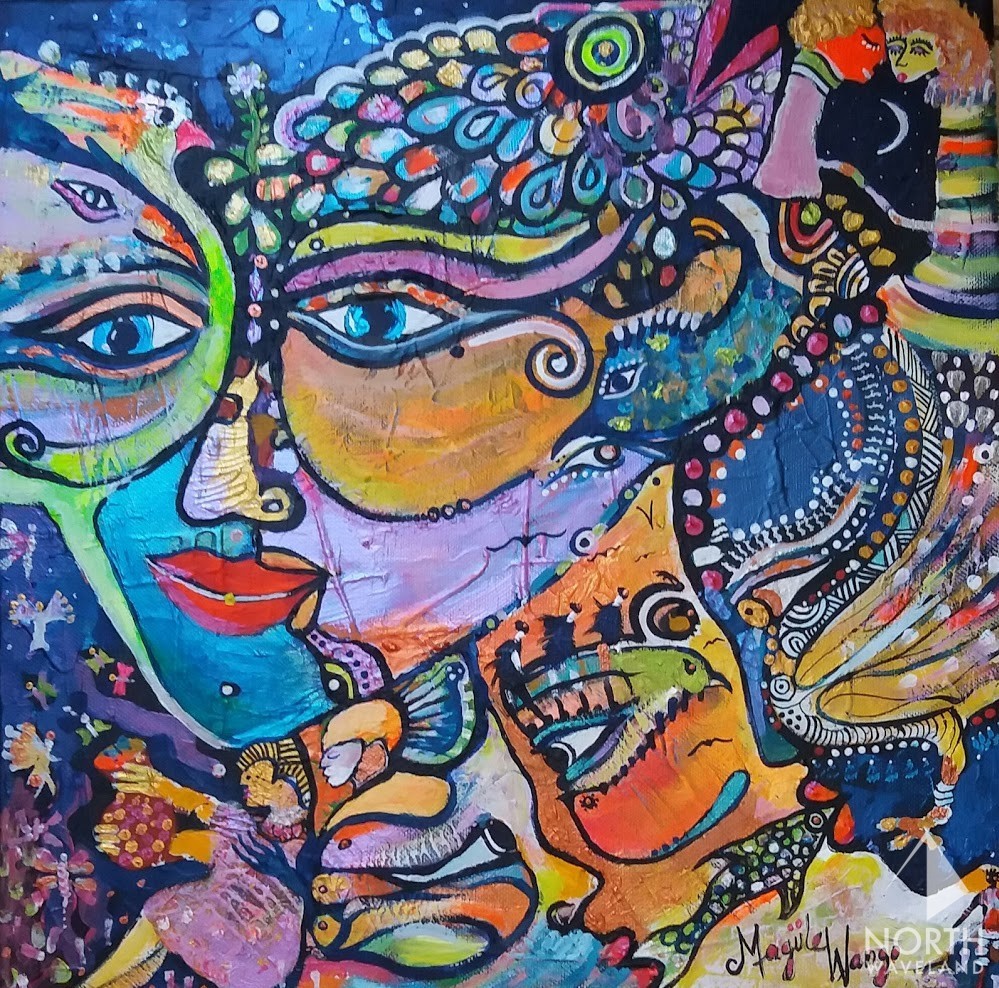
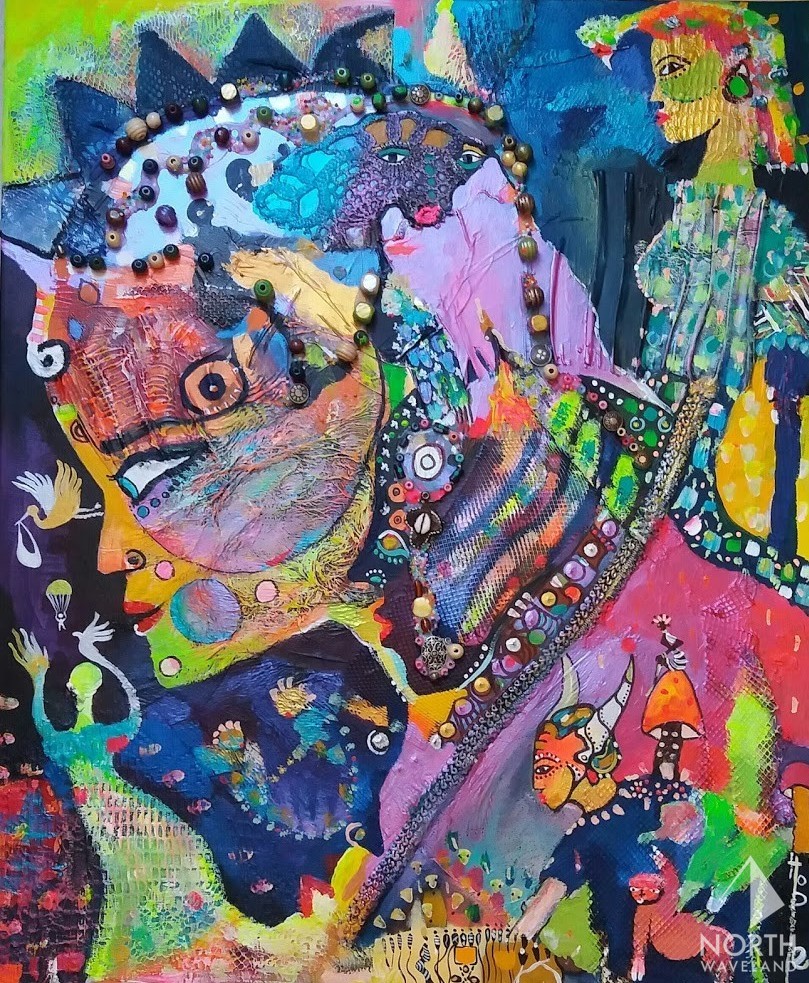


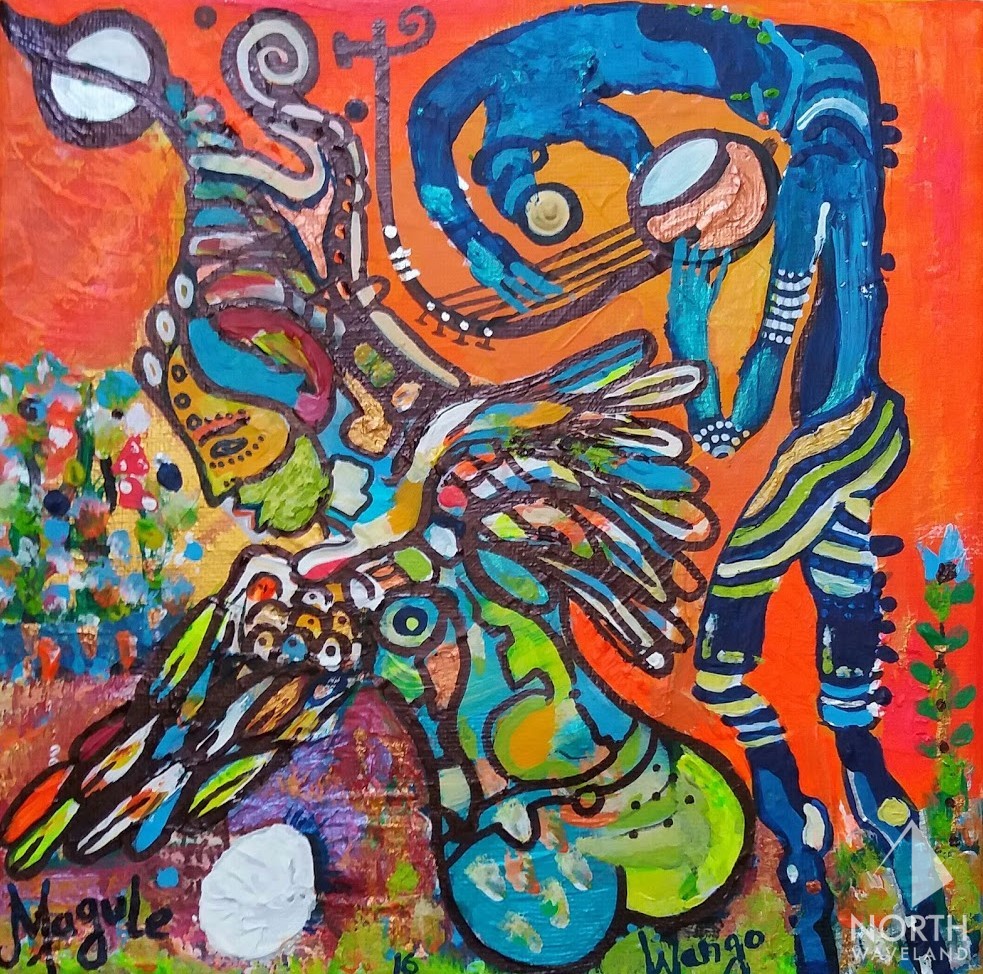

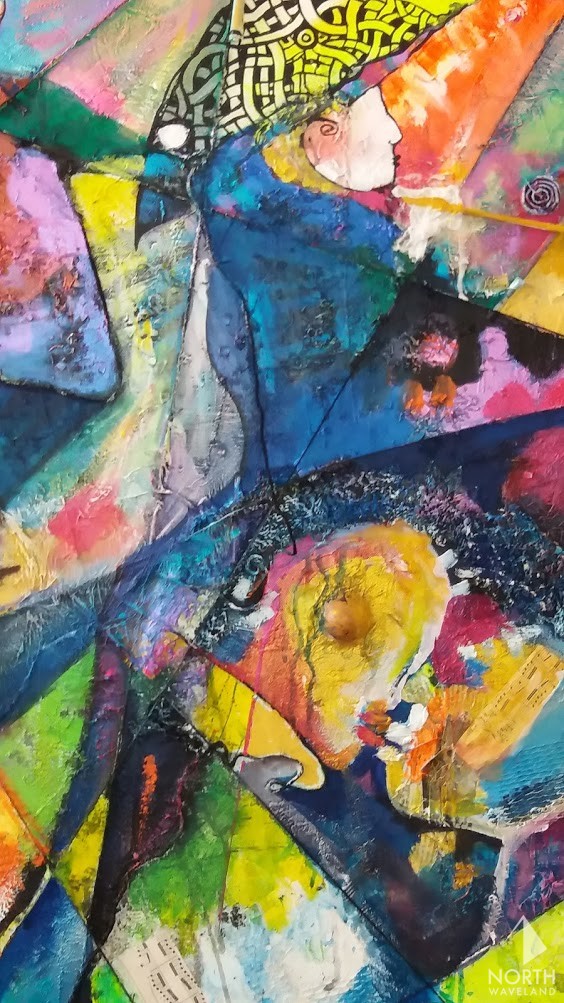
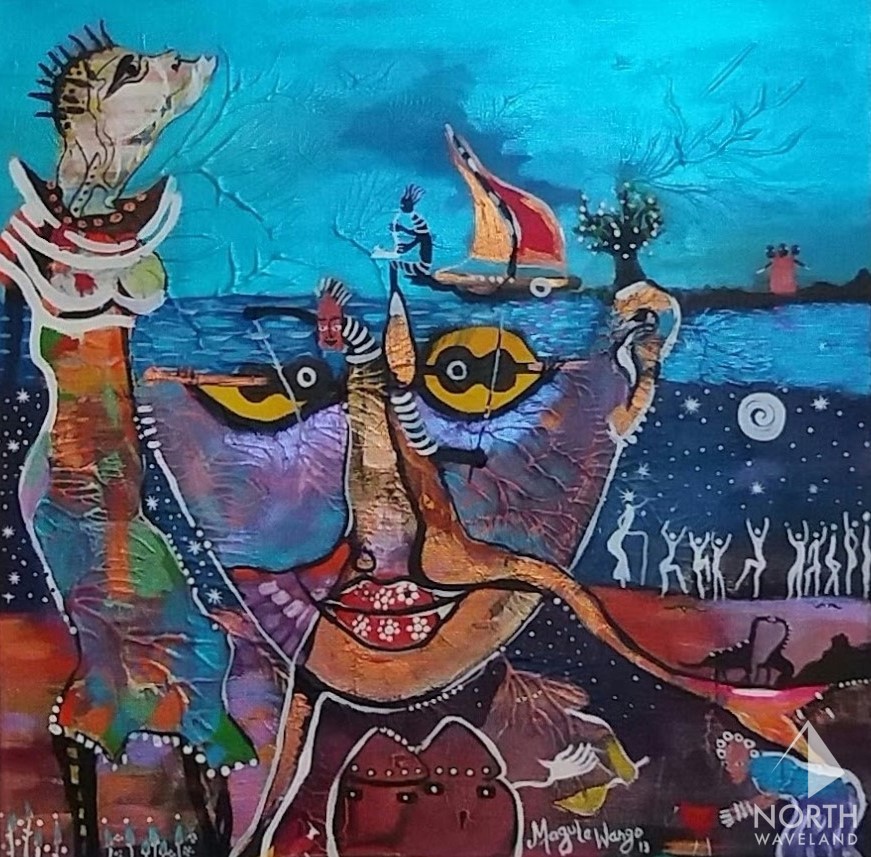
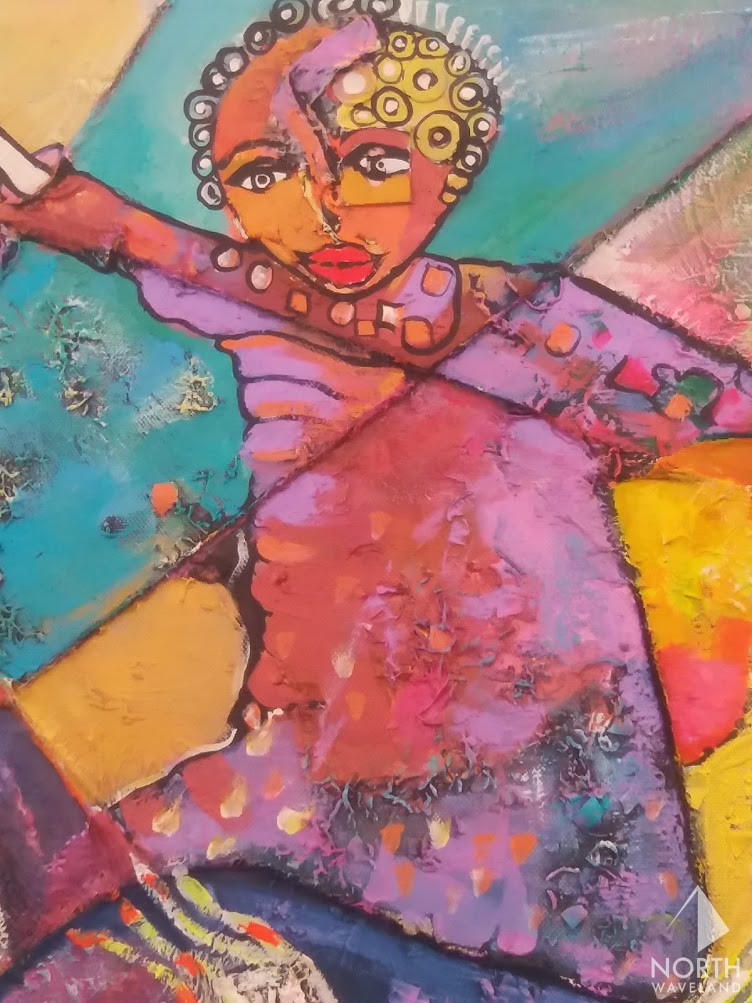
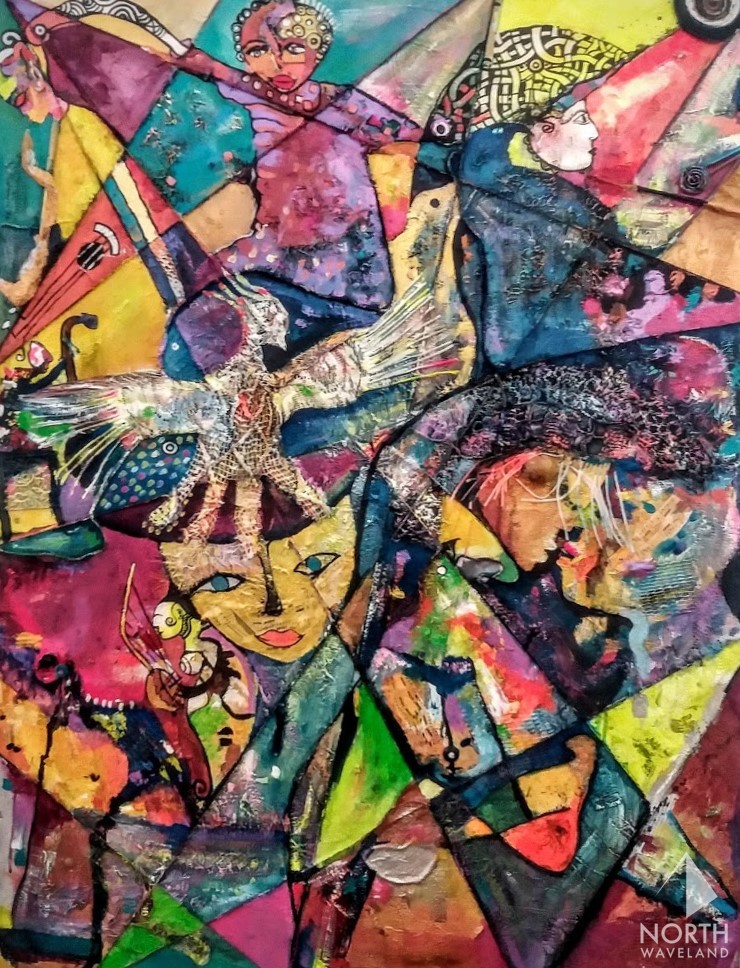
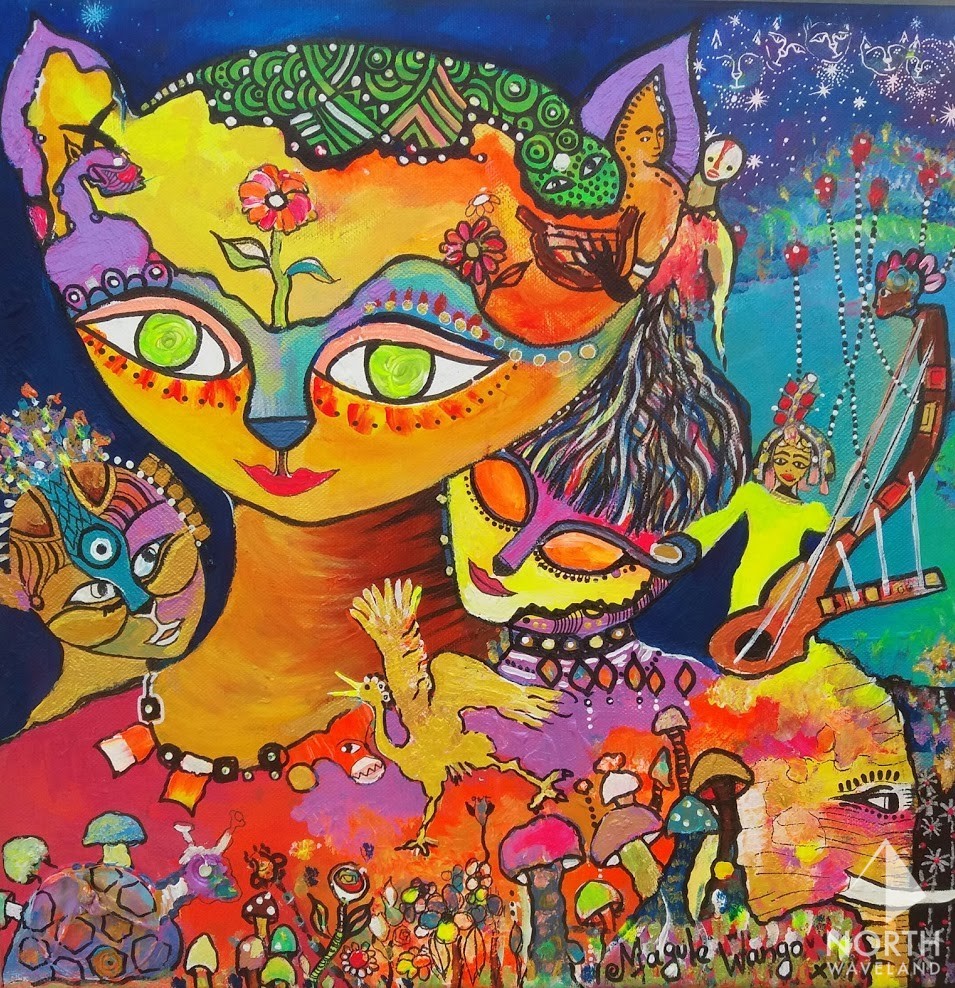
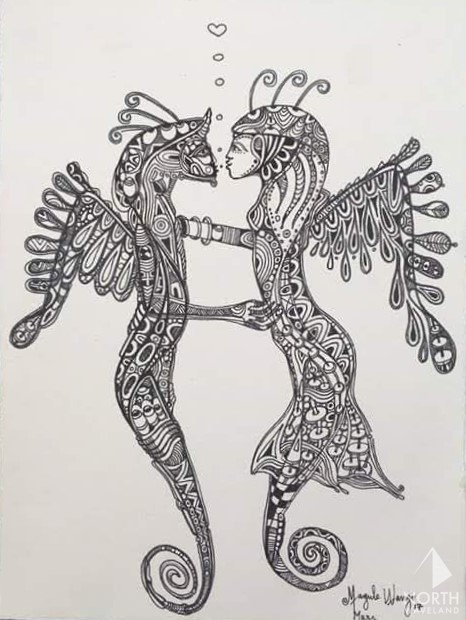
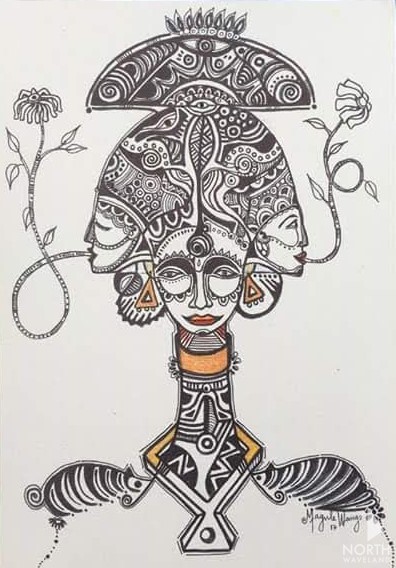

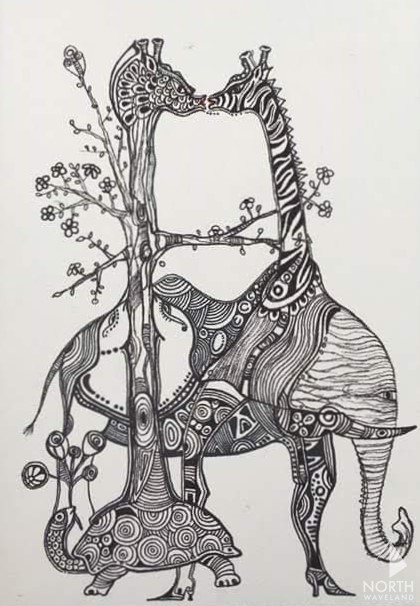
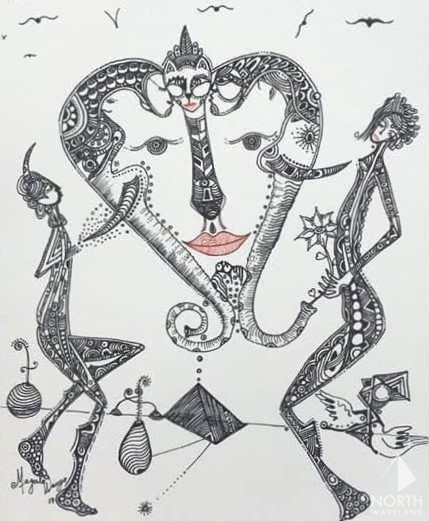

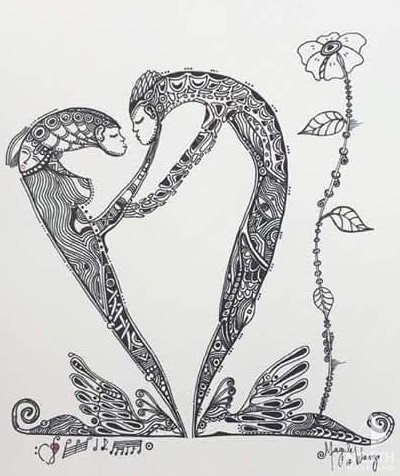

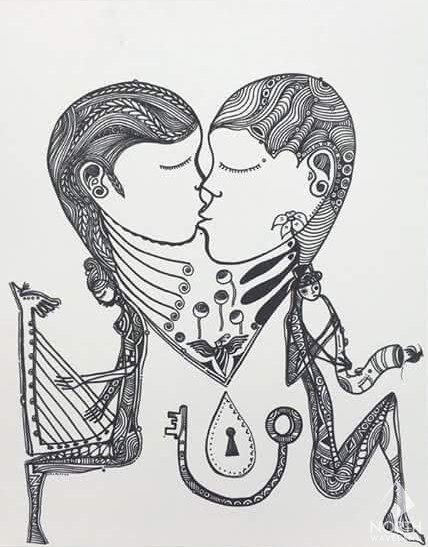
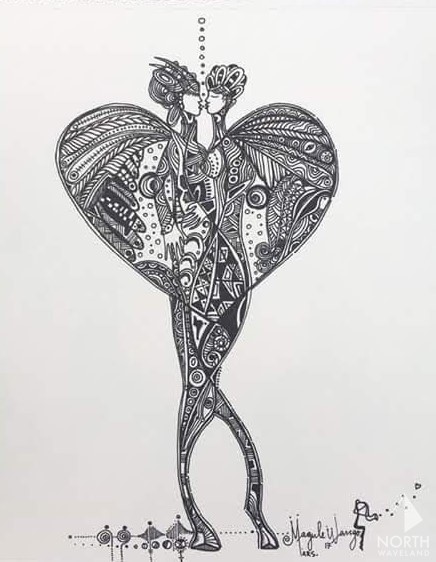
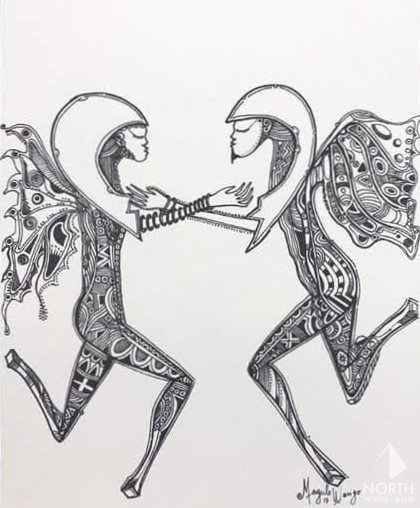
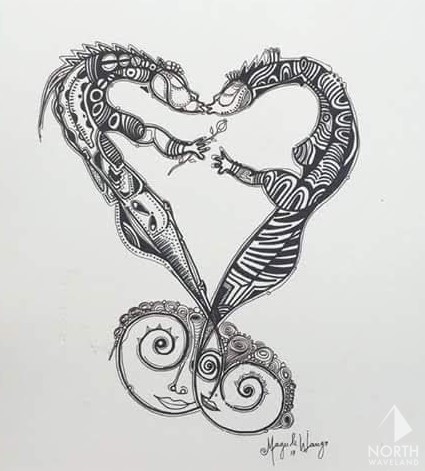
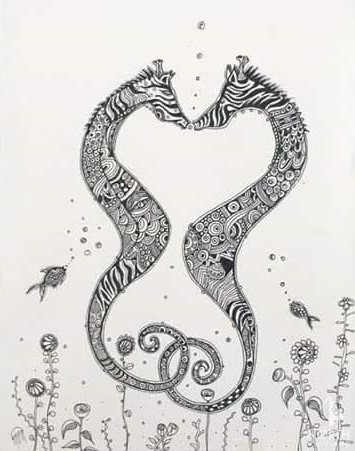
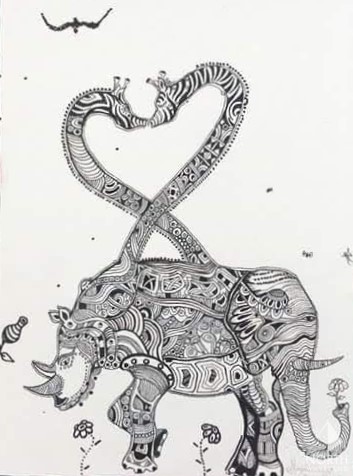
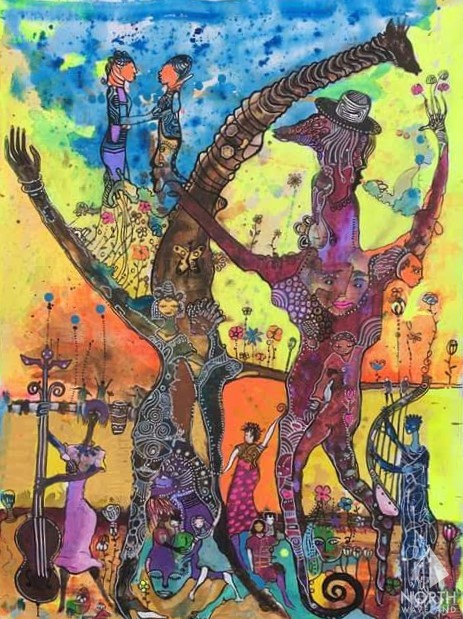
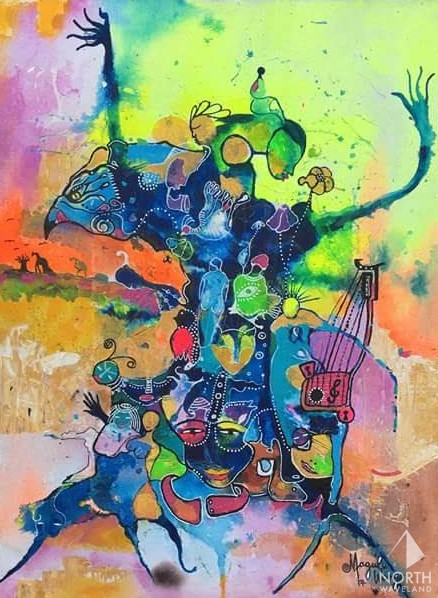
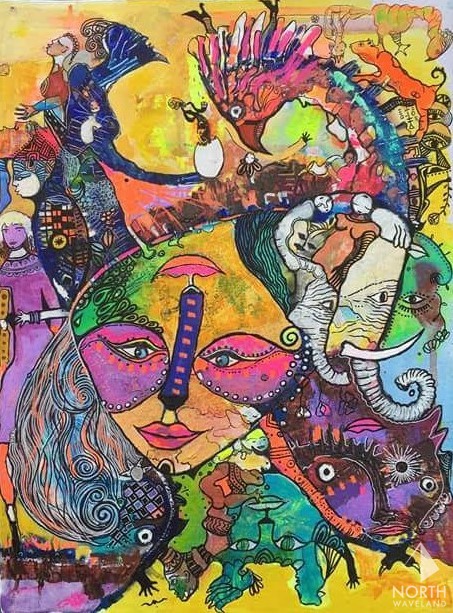
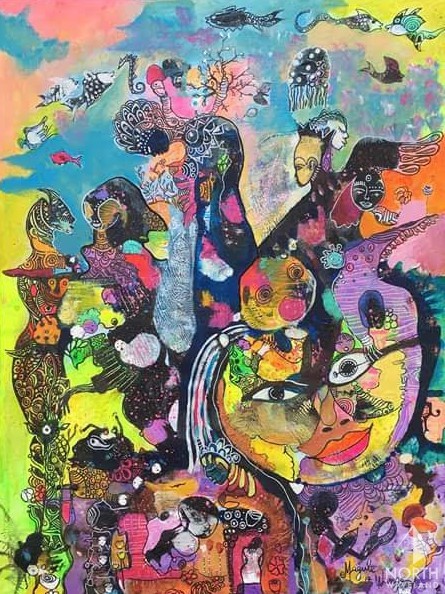

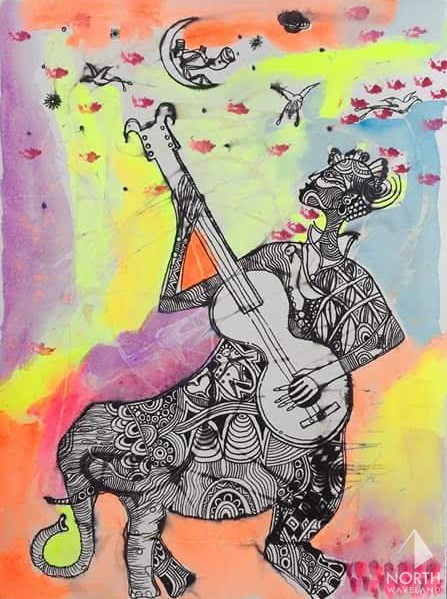
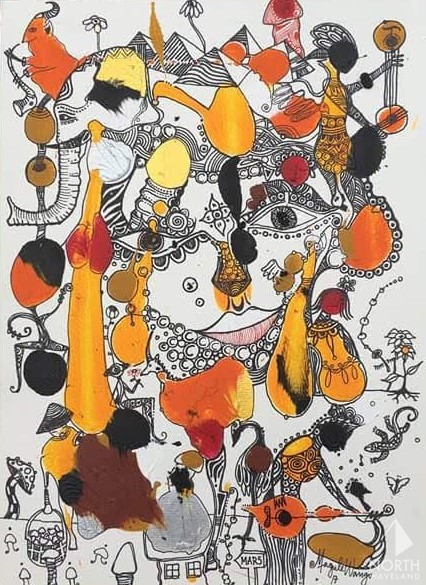
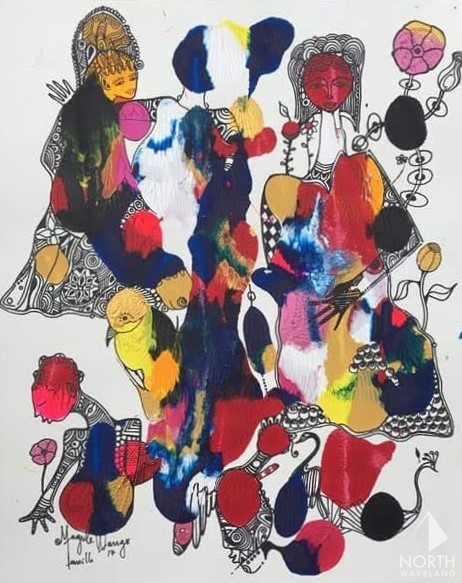

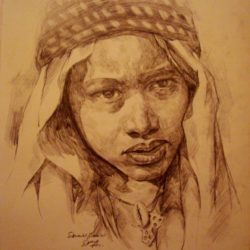
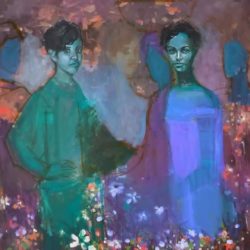
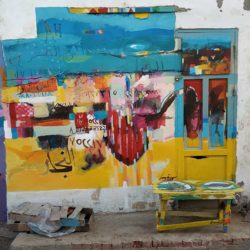
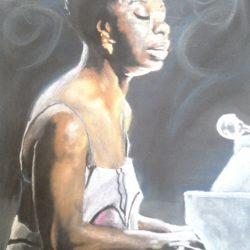
Reviews
There are no reviews yet.